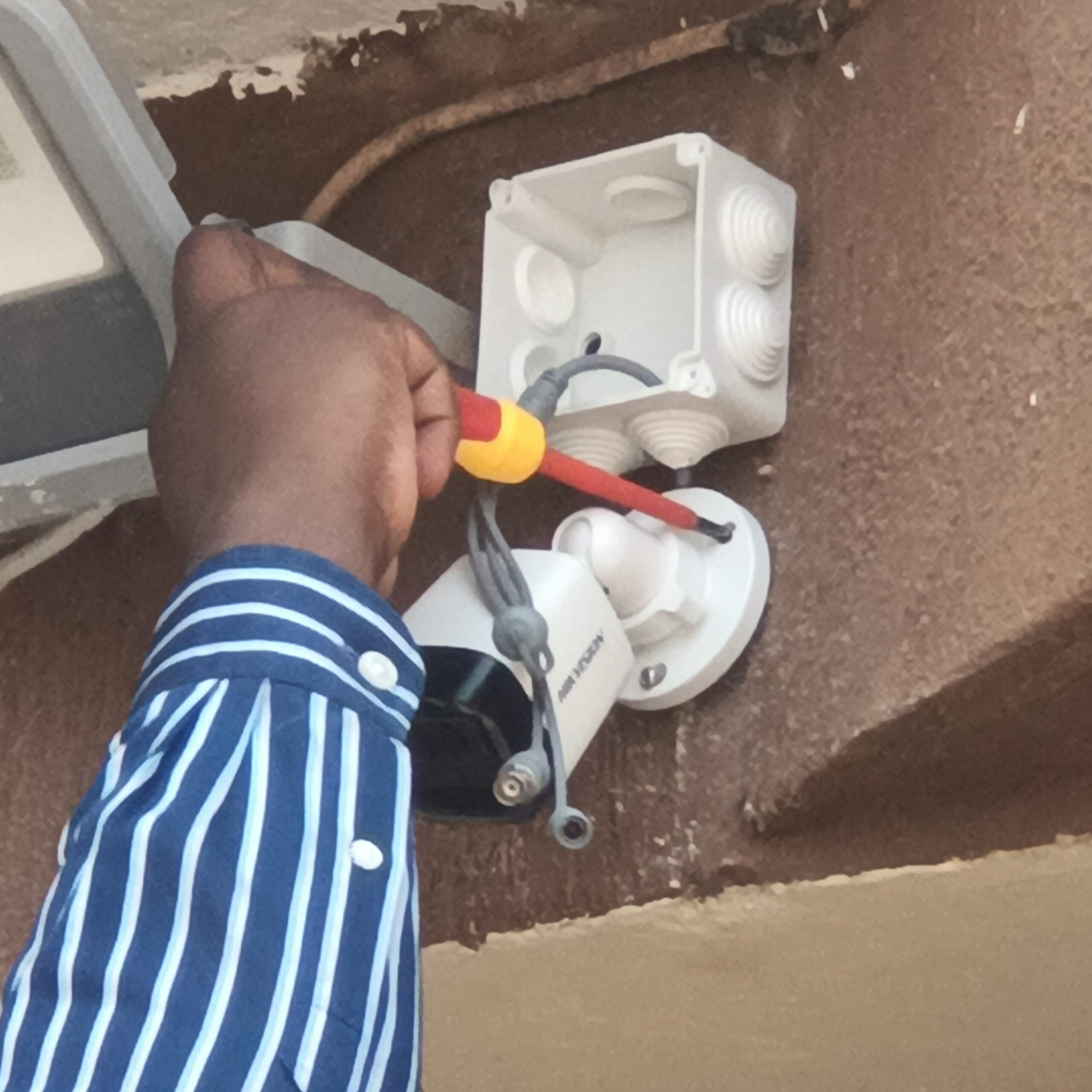Auto Engine Diagnostics & Management Skills Training
Kenvision Techniks Talent Centre Q7-Q9 FELIZ BUILDING- KAHAWA SUKARI, NAIROBI, NAIROBI, KenyaThe evolution of engine design in recent decades has ushered in a new age of maintenance — one that privileges the electronic over the mechanical.
Modern engines come with exciting new capabilities, as well as their own unique problems. If anything can be said definitively about modern engine maintenance, it would be: Stick to manufacturer recommendations! That's where Car Engine diagnosis rides over the traditional methods where mechanics would rely on outward signs, engine sounds, and other baseless indicators.
CAR ENGINE DIAGNOSIS is a SUPERIOR APPROACH in resolving a retinue of engine problems since it gives one skill in pinpointing trouble areas, their genesis, and the likely effects on other engine parts as well as the whole engine health.





